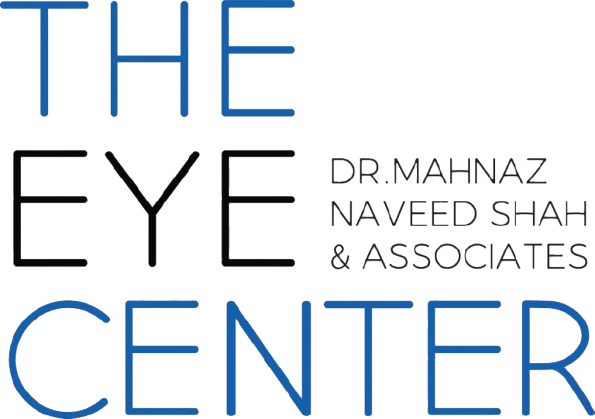
Why Bleach Is Harmful to Your Eyes and What to Do If Exposed
Bleach is a highly corrosive cleaning agent that can cause serious eye injuries. Because the eyes are extremely delicate, even a small amount of bleach exposure can lead to painful and potentially lasting damage.
Here’s why bleach is harmful and what can happen if it comes into contact with your eyes.
Why Bleach Can Damage Your Eyes
Bleach is a strong oxidizing agent commonly used for cleaning, disinfecting, and removing stains. It contains sodium hypochlorite, a chemical that can burn or irritate tissues—especially the eyes—on contact.
The severity of the injury depends on factors such as how concentrated the bleach is, how long it was in contact with the eye, and how quickly it’s rinsed out.
Possible Eye Injuries Caused by Bleach
- Chemical Burns
Bleach can burn the cornea and conjunctiva, causing pain, redness, swelling, and blurred vision. - Corneal Abrasion
Its abrasive nature can scratch the cornea, leading to pain, tearing, and increased infection risk. - Irritation and Inflammation
Bleach fumes or splashes can cause redness, a gritty feeling, watery eyes, and light sensitivity. - Corneal Ulcers
If bleach damages the cornea, bacteria can enter through the injured tissue, leading to ulcers that require intensive treatment. - Conjunctivitis (Pink Eye)
Bleach exposure can cause chemical conjunctivitis, leading to redness, discharge, and irritation.
What to Do If Bleach Gets in Your Eye
Act immediately — quick action can prevent permanent damage.
- Rinse With Water
Rinse your eye with cool, clean water for at least 15 minutes. Hold your eyelid open and let water flow gently over your eye. - Remove Contact Lenses
Take out contact lenses immediately. They can trap bleach against the surface of the eye and worsen injury. - Seek Medical Attention
Even if symptoms seem minor, get professional medical help right away. Visit an emergency room or call your eye specialist for urgent care. - Avoid Self-Treatment
Do not rub your eyes or use home remedies. Always follow the advice of a qualified eye care professional.
When to Seek Emergency Help
If you experience severe pain, blurry vision, redness, or light sensitivity, it’s a sign of a possible chemical burn or infection.
Always seek immediate medical attention or call an emergency hotline.
Prompt medical care can significantly reduce the risk of long-term damage.
If you are unsure whether your symptoms require emergency attention, it is safer to call your healthcare provider or eye clinic for advice.
With Pakistan’s internationally trained and most experienced cataract surgeons, corneal transplant surgeons, and eye surgeons specializing in every subspecialty in ophthalmology, The Eye Center – Dr. Mahnaz Naveed Shah & Associates in Karachi provides guidance for both routine and urgent eye care needs.
Their team can advise whether you should schedule a screening or seek immediate attention—ensuring safety and comfort.
For expert consultation, contact The Eye Center – Dr. Mahnaz Naveed Shah & Associates at 0304-111-9544 to book an appointment.
With a proven track record of excellence in glaucoma and cataract care, Dr. Mahnaz Shah and her team are here to help you protect your vision—with confidence.

